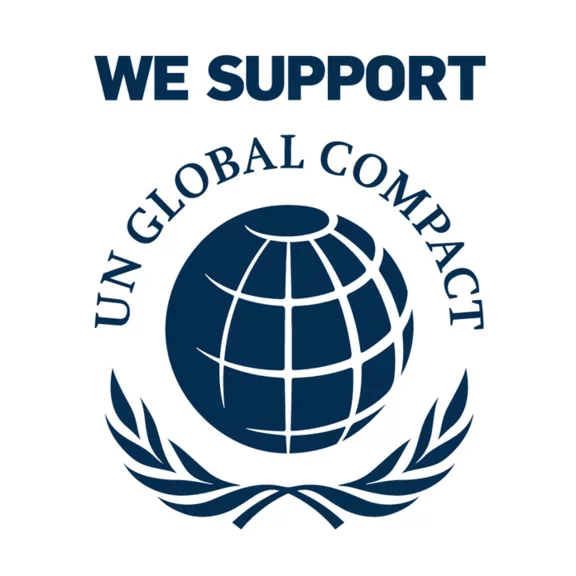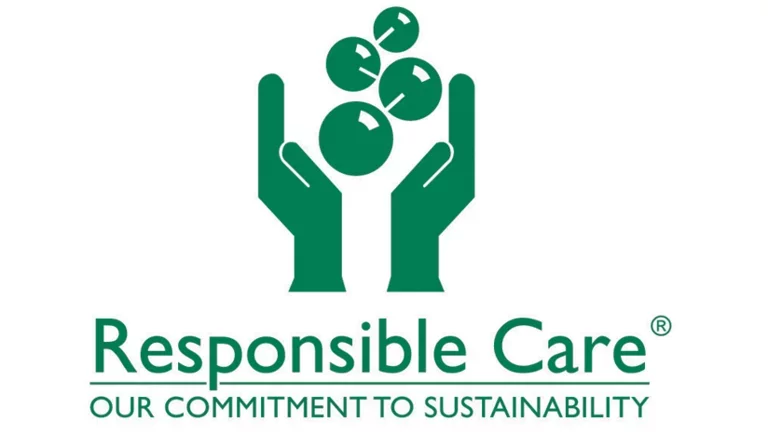Human rights
Air Liquide adheres to the highest standards in conducting business and is particularly committed to respecting human and labor rights.
Human rights policy statement
Air Liquide respects and promotes human rights in its operations around the world. We strongly believe that all persons should be treated with respect and dignity and that companies should play a role in protecting these fundamental human rights.
Air Liquide shares the principles laid down in the International Bill of Rights, the International Labour Organization (ILO) Declaration on Fundamental Principles and Rights at Work, the Organization for Economic Co-operation and Development (OECD) Guidelines for Multinational Enterprises, the United Nations (UN) Guiding Principles on Business and Human Rights. Air Liquide is also a signatory of the UN Global Compact.
Air Liquide fully supports the protection of human rights, which includes, among others, health, security and safety, non-discrimination, freedom of opinion, expression and association, working under decent and fair conditions, the prohibition of child labor and any form of modern slavery, and the right to water and sanitation.
As part of its commitment to respect human rights, Air Liquide offers all of its employees working conditions focused on safety in the workplace, respect for people and absence of any discrimination. Air Liquide promotes diversity and equal opportunities for career development regardless of, in particular, ethnicity, gender, age, disability or sexual orientation and does not tolerate harassment or discrimination. Air Liquide supports and promotes a workplace free from any form of harassment, including bullying, sexual harassment, violence or any action that creates a threatening workplace.
Air Liquide expects its business partners (contractors, suppliers, distributors, consultants, etc.) to respect fundamental human rights. In accordance with these commitments and the Group’s Principles of Action, the engagement of its Suppliers to adhere to Air Liquide Supplier’s Code of Conduct and the Group’s Code of Conduct is a prerequisite for supplying Air Liquide.
In the conduct of its business, Air Liquide pays attention to possible aggravating factors that may increase the risk of negative impacts on human rights in certain countries or business sectors, such as injustice due to corruption, conflict-affected contexts, the presence of most vulnerable groups among potentially affected individuals (e.g. women, children and young people, local communities including indigenous peoples, migrant workers, people with disabilities, LGBTQ+ people, ethnic, religious or cultural minorities).
Human rights due diligence process
Air Liquide developed a human rights due diligence process in accordance with the French Corporate Duty of Vigilance Law. It is based on principles advocated by international standards such as the United Nations Guiding Principles on Business and Human Rights (UNGPs) and the Organization for Economic Co-operation and Development (OECD) Due Diligence Guidance for Responsible Business Conduct. Air Liquide discloses the measures to identify the risks and prevent severe adverse impacts on human rights, health and safety and the environment in its annual Vigilance Plan. Learn more about it on our Vigilance Plan page.
EthiCall, the whistleblowing system of the Group, is available to anyone, either internal or external stakeholder. It allows any person who has direct knowledge of inappropriate behavior to confidentially raise an alert on any incident related to human rights. The associates and stakeholders of Airgas (company acquired in 2016) may also use EthicsPoint to raise an alert. The Air Liquide Group is committed to taking all adequate measures to protect the whistleblower including against any retaliation measure. Learn more about this whistleblowing system on our Ethics page.
Reference initiatives in favor of human rights
Since 2014, Air Liquide has been committed to the UN Global Compact corporate responsibility initiative and its principles in the areas of human rights, labour, the environment and anti-corruption. Every year, Air Liquide issues a Letter of Commitment, signed by the Chief Executive Officer, as well as a Communication on Progress with respect to the strategic and operational implementation of these Ten Principles, which is available on the UN Global Compact website.
Air Liquide contributes to the Sustainable Development Goals that the United Nations has set up to eradicate poverty, protect the planet and guarantee prosperity for all by 2030.
The Group is also a signatory to the Responsible Care® Global Charter, an initiative of the International Council of Chemical Associations, which aims to improve the global performance of the chemical industry in terms of health, safety and environmental protection.
Air Liquide joined the association “Business for human rights” (“Entreprises pour les droits de l’homme”) in May 2021. This multisectoral association brings together nearly 30 French international companies and provides a forum for reflection and exchange of good practices to better understand and integrate human rights and duty of vigilance issues within businesses.
Climate change and human rights
As a responsible company, Air Liquide recognizes the importance and urgency of addressing climate issues. We are all concerned by climate change, because of its negative impacts on life, the environment and on human rights, particularly for populations that are already in a vulnerable situation.
The greenhouse gas emissions and exceptional weather-related phenomena due to climate change can impact people. In this context, the Group discloses in its Vigilance Plan actions to prevent and mitigate climate risks related to:
- the upholding of its employees’ employability, given the implementation of new technologies and the development of new markets
- the impact of the massive development of renewable energies on local communities
- the access to and quality of water resources
- damages to sites triggered by natural disasters which could endanger employees and neighboring communities
- the deterioration of working conditions related to long-term changes in climate models and rising temperatures
Air Liquide, through the implementation of its Climate objectives, has affirmed its willingness to act for climate preservation. In line with the Paris Agreement, and to address the urgency of taking climate change and the energy transition into account, Air Liquide sets itself the ambition to achieve carbon neutrality by 2050, with two major intermediate milestones:
- the start of reduction of absolute CO2 emissions around 2025
- a -33% reduction in its Scope 1 and 2 CO2 emissions by 2035, compared to the 2020 baseline
Just Transition
Air Liquide fully supports the just transition in its objective of carbon neutrality by 2050 by accompanying the social change linked to the ecological transition. The transition to a carbon-neutral economy can also have important social and societal implications that Air Liquide recognizes. It has to be a just transition, meaning that the transition to a more carbon-neutral and sustainable economy has to be well managed considering all stakeholders such as workers, customers, suppliers, and local communities, in order to minimize negative impacts and enhance positive impacts.


